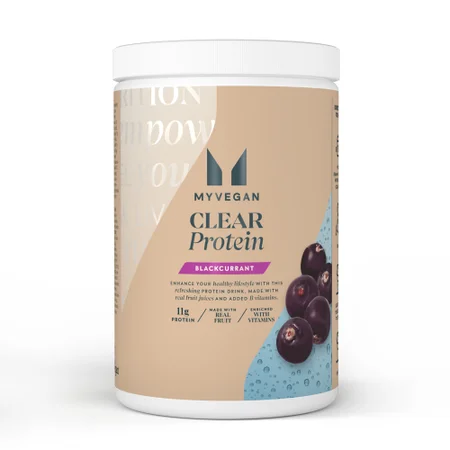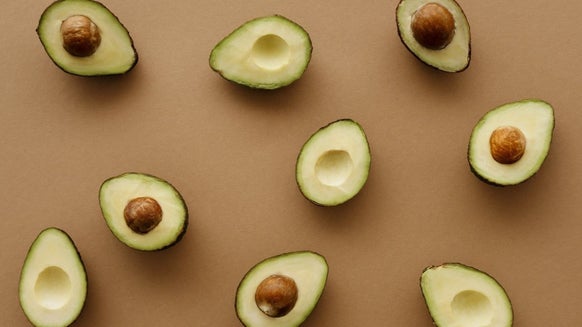Science Fact Or Fiction: Fruitarian Diet


What is fruitarianism?
Foods that fruitarians are allowed to eat include:
Acid fruits: Citrus, cranberries, pineapples Subacid fruits: cherries, raspberries, figs Sweet fruits: grapes, melons, bananas Oily fruits: coconuts, olives, avocados Vegetable fruits: Peppers, tomatoes, cucumbers, squash Nuts: Hazelnuts, cashews, almonds, pistachios, walnuts Seeds: sunflower, pumpkin, squash Drinks: Coconut water, fresh fruit juices, and water
Prohibited foods
A fruitarian does not consume any animal protein. Eggs, poultry, pork, and beef aren’t options for fruitarians. Just like animal protein, dairy products aren't permitted for the fruitarian diet - milk, yogurt, cheese, or any other animal dairy products aren’t allowed. Some fruitarians drink almond, cashew, or coconut milk in place of cow's or goat's milk.
What the science says
Despite the nutritious qualities of whole fruits, eating them at the expense of other food groups can be dangerous.
Risk of health complications
The risk for health complications is high with the fruitarian diet. The restrictive nature of the diet can be dangerous for people with diabetes or prediabetes because eating large quantities of fruit can raise blood sugar and affect insulin sensitivity. A fruit-based diet can also be dangerous for people with pancreatic and kidney disorders. In some cases, strict fruitarians may even accidentally starve themselves into severe ketoacidosis.
Restriction in your diet to only one food good can lead to binge eating other food groups due to what we know as the dieting cycling. This can also fuel disordered eating as it is a very all or nothing way of eating.
By relying mainly on fruits and depriving yourself of needed vitamins, fats and proteins, it’s possible to push your body into what we know as ‘starvation mode’. If your body feels that it is not meeting its energy requirements, it will slow down your metabolism in an attempt to conserve energy for vital functions such as breathing.

Rapid Weight Loss | Why Fad Dieting Can Be Dangerous
And how you can lose weight safely.
The verdict
While the fruitarian diet does offer some nutritional benefits, there are serious drawbacks as well. Because fruits are typically low-fat and full of water, you can eat a lot of fruit for relatively few calories. On a fruit-based diet, you would need to eat large volumes of food to meet your calorie requirements, effectively promoting fullness.
Enjoyed this episode of Science Fact or Fiction?
READ THESE NEXT:

- Boyle, J. (2012). Vegetarianism and fruitarianism as deviance. In Routledge Handbook of Deviant Behavior (pp. 285-290). Routledge.
- Sanders, T. A. B., Reddy, S., Sheehy, P. J. A., & Monahan, F. J. (1994). Nutritional implications of a meatless diet. Proceedings of the Nutrition Society, 53(2), 297-307.
- Centers for Disease Control and Prevention. Micronutrient facts. Updated December 3, 2020.
- Wasserman, M. (2014). Plant-based diet for dummies. John Wiley & Sons.
- Muraki I, Imamura F, Manson JE, et al. Fruit consumption and risk of type 2 diabetes: results from three prospective longitudinal cohort studies. BMJ. 2013;347:f5001. doi:10.1136/bmj.f5001.
- Causso C, Arrieta F, Hernández J, et al. Severe ketoacidosis secondary to starvation in a frutarian patient. Nutr Hosp. 2010;25(6):1049-52.
- Tuncali, S. Starvation Mode–A Myth or Reality?










